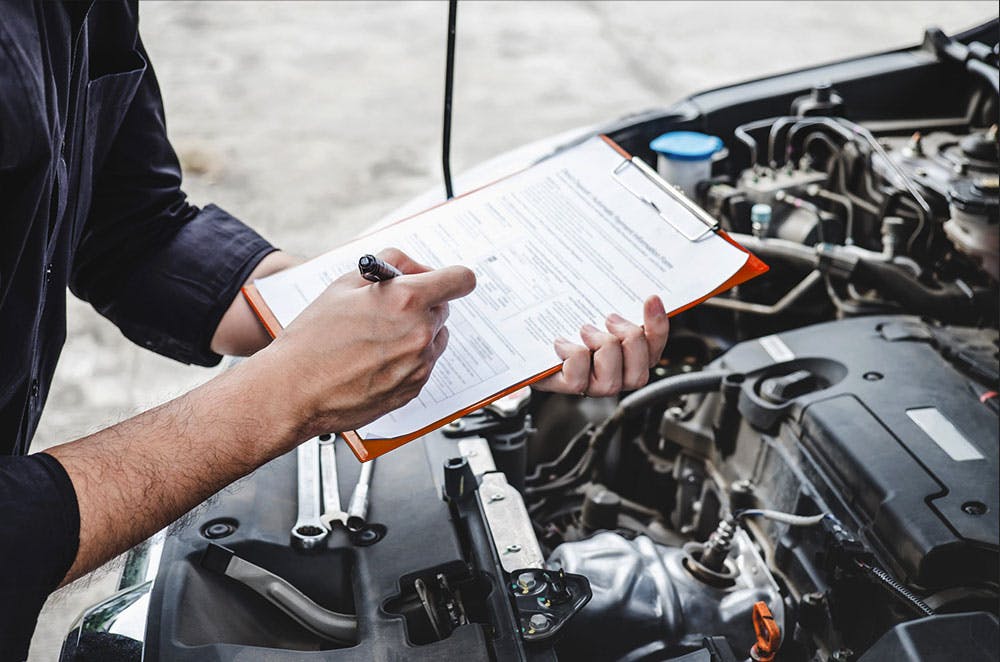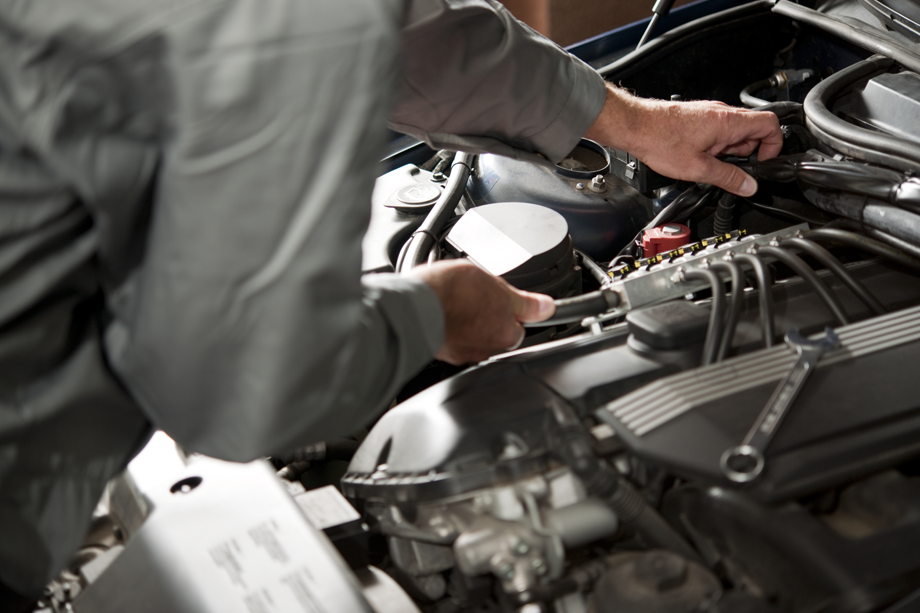Featured

Modern automobiles are furnished with innovative engine control systems (ECUs) that check and control different parts of the engine. These systems can discover troubles prior to they end up being noticeable to the motorist, which is where engine diagnostics enter play. Engine diagnostics is an effective tool that enables technicians to determine problems early, helping avoid significant repairs and making sure the longevity of your vehicle. Here's exactly how engine diagnostics work and why they are vital for preserving your cars and truck's wellness.
- What Are Engine Diagnostics? Engine diagnostics refer to the procedure of making use of specialized tools to keep an eye on and analyze the performance of a lorry's engine. The diagnostic system within an auto gathers information from sensors situated throughout the engine and other critical parts, such as the exhaust, gas, and transmission system. This information is then refined by the vehicle's onboard computer, which can detect irregularities or malfunctions.
Mechanics can link an analysis device, usually an OBD-II (Onboard Diagnostics) scanner, to your vehicle's ECU to retrieve mistake codes and real-time information. These codes suggest particular locations where the engine or other elements may be experiencing issues, also prior to advising lights or performance adjustments are obvious to the motorist.
- Determining Troubles Early. One of one of the most substantial advantages of engine diagnostics is the capacity to recognize troubles early, frequently before they escalate into major problems. Little troubles, such as a misfiring ignition system, a damaged sensing unit, or an ineffective fuel injector, can slowly get worse if left unchecked. However, with very early detection via engine diagnostics, mechanics can deal with these minor concerns prior to they create significant damage.
As an example, if a sensing unit finds that the engine is running rich or also lean (insufficient or way too much gas), this might cause boosted wear on engine components or poor gas efficiency. By identifying this early, the technician can adjust the air-fuel mixture, avoiding costly fixings later on.
- Protecting Against Engine Damages. With time, problems with the engine's elements, such as the timing belt, exhaust system, or cooling down system, can result in severe damage otherwise attended to quickly. As an example, a getting too hot engine due to a failing radiator or water pump can trigger comprehensive internal damage, such as distorted cylinder heads or a blown gasket. Identifying concerns early with the engine diagnostics system can protect against these scenarios from proceeding to disastrous engine failing.
The diagnostic system can additionally identify concerns with the exhaust system, such as a malfunctioning catalytic converter, which can result in poor engine efficiency and eventual engine damages otherwise repaired.
- Reducing Repair Costs. By determining and dealing with minor concerns early, engine diagnostics can conserve you considerable cash on repair services. Repair services tend to be much less complicated and more cost effective when troubles are caught early. Replacing a malfunctioning oxygen sensor or cleansing a blocked fuel injector is fairly economical compared to changing a whole engine due to disregard.
Furthermore, engine diagnostics help protect against unneeded fixings by pinpointing the specific root cause of the problem. Without diagnostics, auto mechanics might have to carry out comprehensive testing and trial-and-error methods to identify the concern, which can enhance both time and cost.

- Improving Lorry Performance and Effectiveness. One more advantage of normal engine diagnostics is that it helps enhance your vehicle's performance and gas efficiency. If the engine is running smoothly and all systems are working ideally, you will certainly experience better velocity, smoother driving, and increased fuel economy. Engine diagnostics can disclose issues such as a clogged up air filter, a malfunctioning mass air movement sensing unit, or a worn-out spark plug that could hinder your automobile's performance.
For example, a malfunctioning thermostat could create your engine to overheat or otherwise reach its perfect operating temperature level. A diagnostic scan will certainly assist recognize this concern early, protecting against getting too hot and guaranteeing your lorry runs at its ideal.
- Why Routine Diagnostics Matter. While lots of drivers might think about engine diagnostics as something to do only when the "check engine" light shows up, regular diagnostics should belong to routine automobile maintenance. Lots of vehicle repair service shops and dealerships provide analysis checks as component of an annual solution or tune-up. Normal diagnostic scans help capture issues before they cause visible signs and symptoms or malfunctions, eventually stopping significant fixings in the future.
It is also worth noting that if you're planning to sell or trade-in your car, having a recent engine analysis record can be beneficial. Possible purchasers or car dealerships might be a lot more inclined to provide a higher trade-in value or purchase price if they know the automobile has actually been cost-free and properly maintained of major engine issues.
- Conclusion. Engine diagnostics play an essential duty in maintaining your car running efficiently and staying clear of expensive repair work. By identifying issues early, avoiding engine damages, minimizing repair expenses, and boosting efficiency, engine diagnostics guarantee your cars and truck remains reputable for many years ahead. Regular analysis checks as part of your vehicle's regular upkeep will aid you catch small issues prior to they become significant repairs, giving you comfort when traveling and securing your financial investment.
Latest Posts
Check Out Best Car Repair Care in Chicago – Drive with Confidence
Published en
1 min read
Discover Cut Costs on Car Maintenance with Montclare Auto Repair’s Exclusive Deals
Published en
1 min read
Meet Premier Retina Specialists in Your Area with Eye Center South
Published en
1 min read
More
Latest Posts
Check Out Best Car Repair Care in Chicago – Drive with Confidence
Published May 28, 25
1 min read
Discover Cut Costs on Car Maintenance with Montclare Auto Repair’s Exclusive Deals
Published May 22, 25
1 min read
Meet Premier Retina Specialists in Your Area with Eye Center South
Published May 21, 25
1 min read